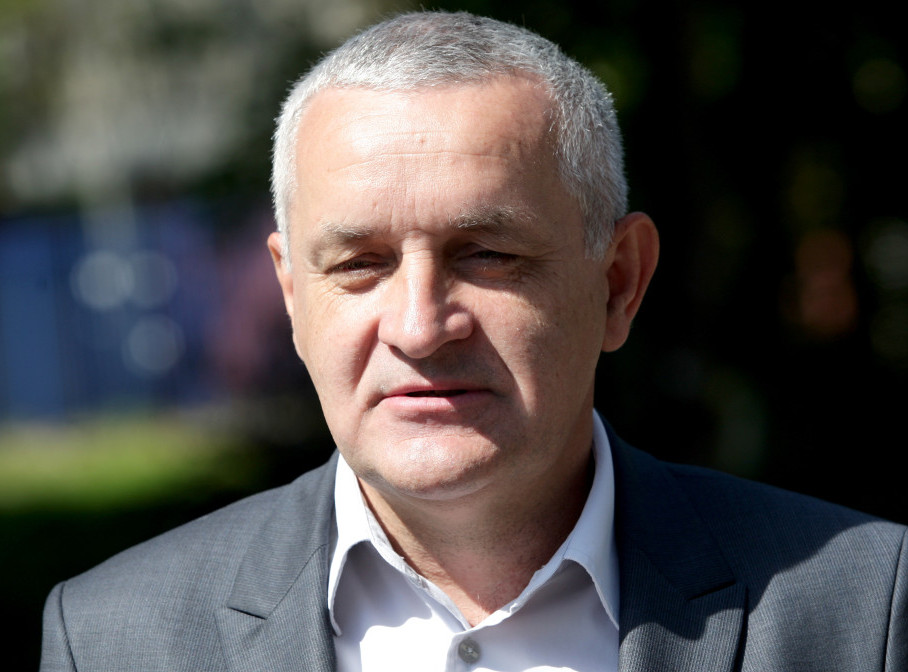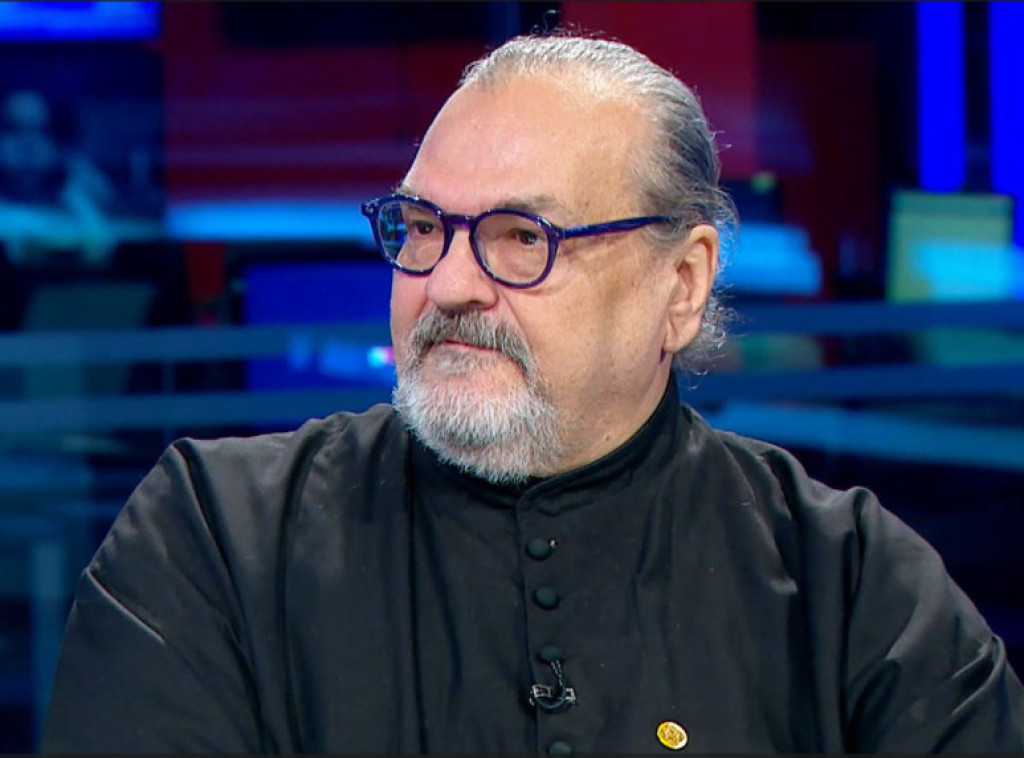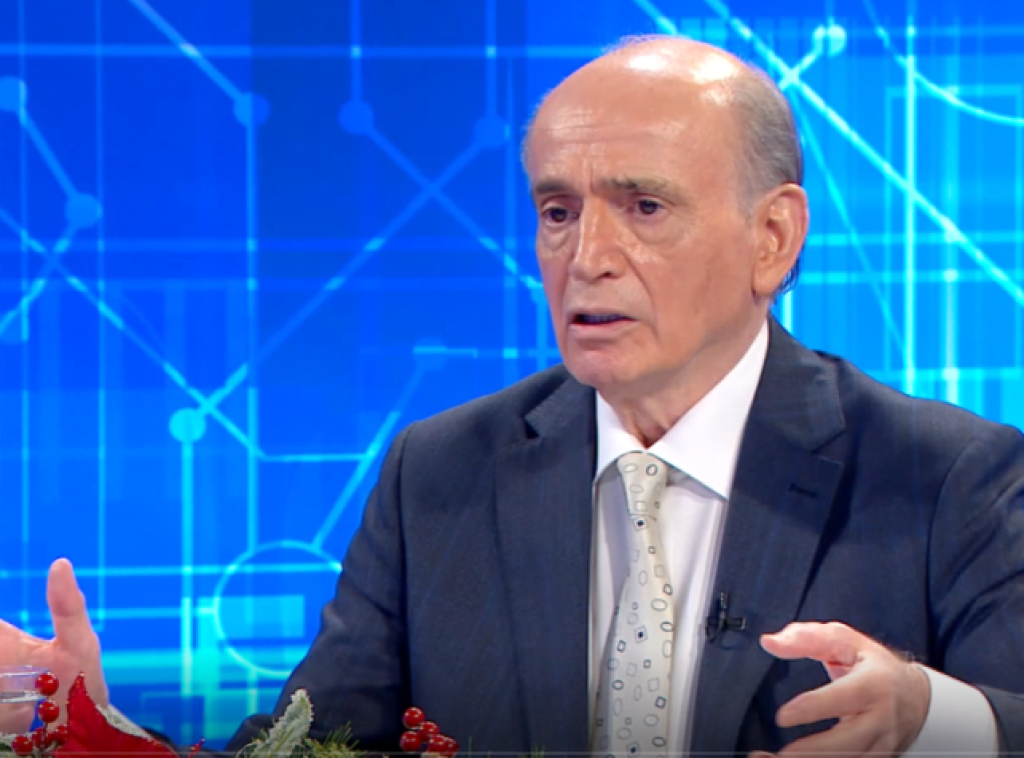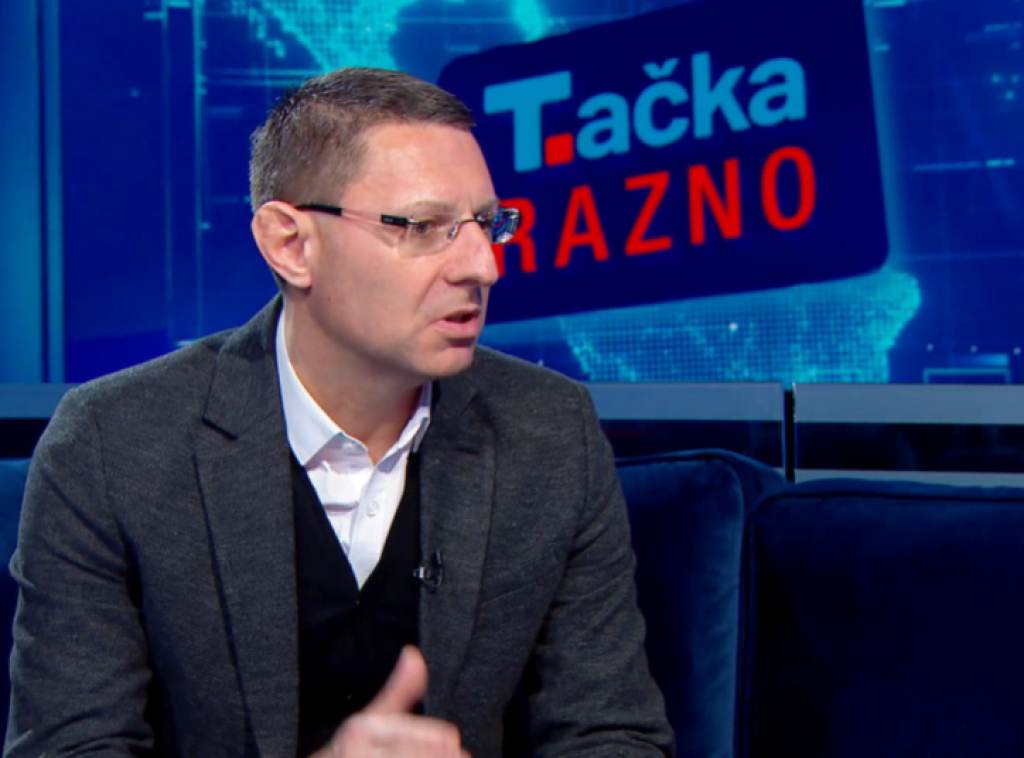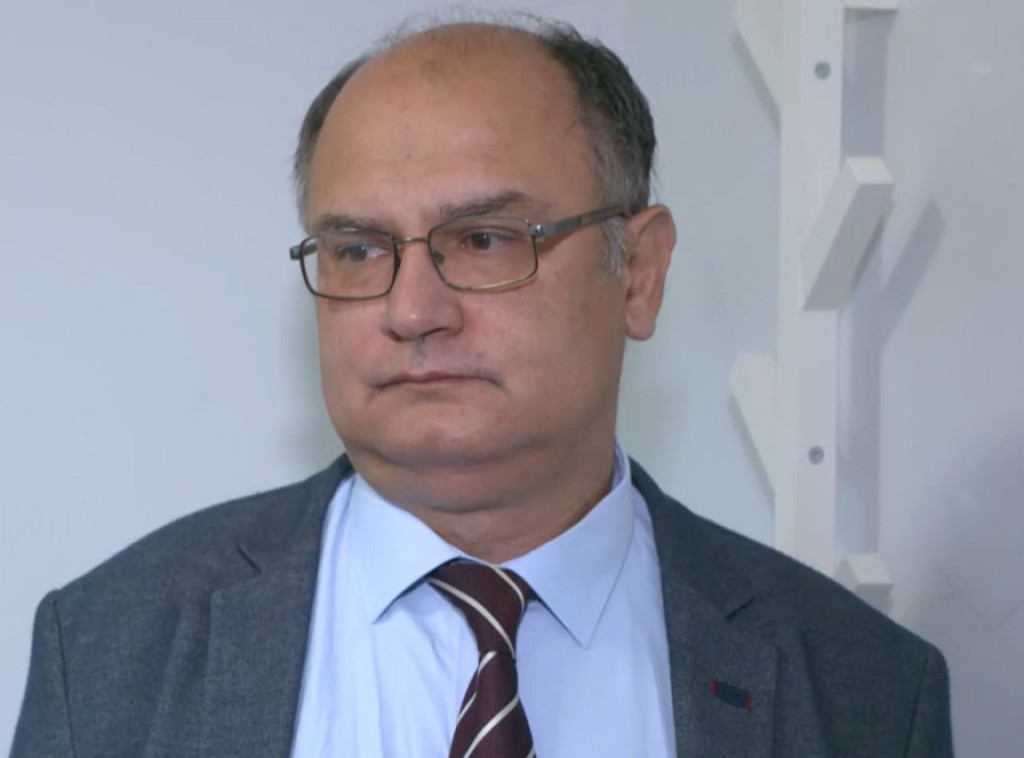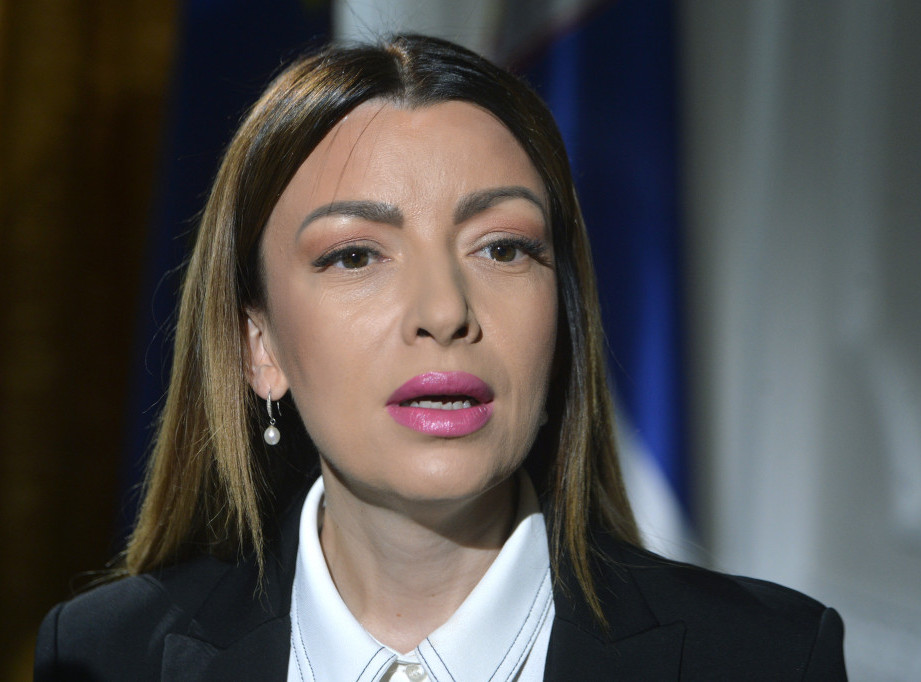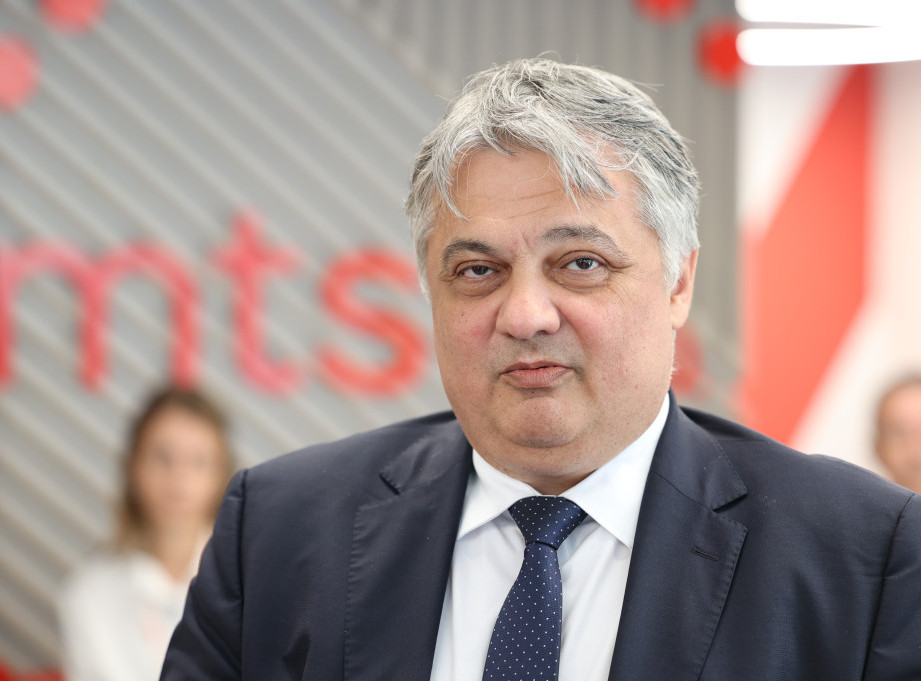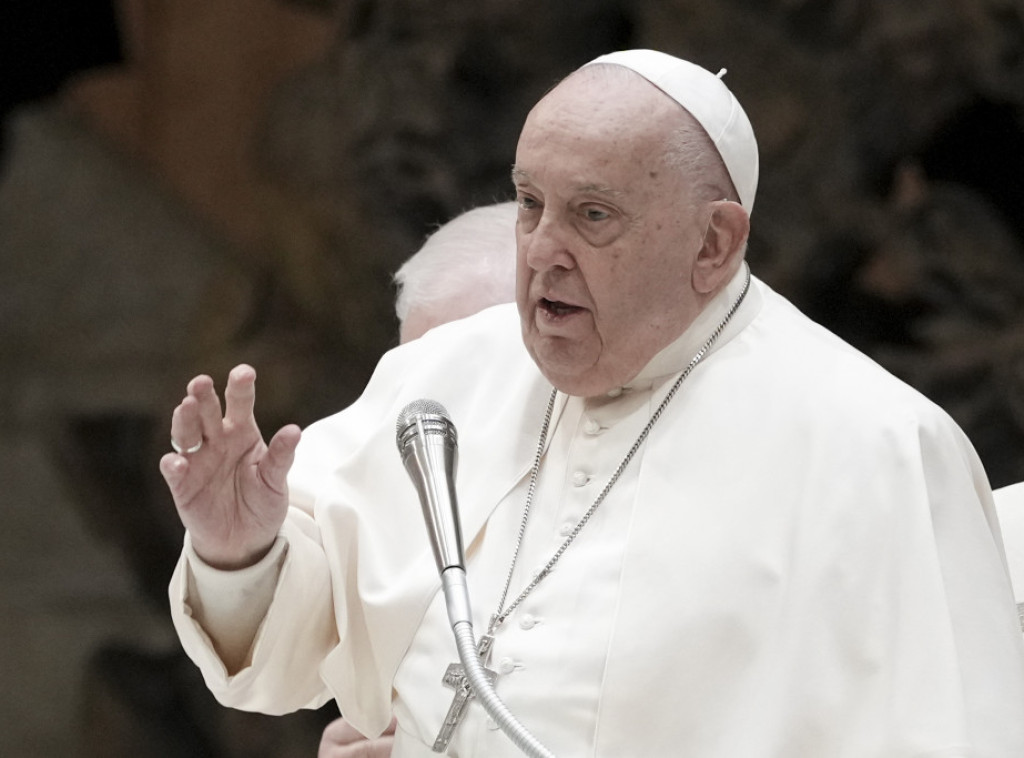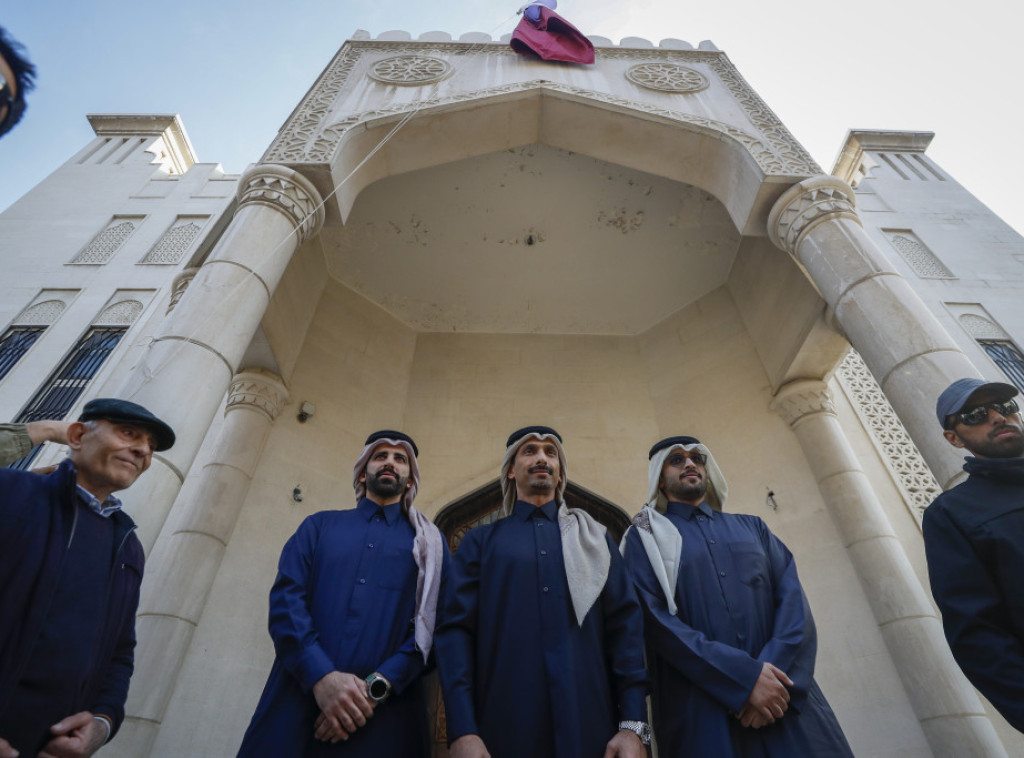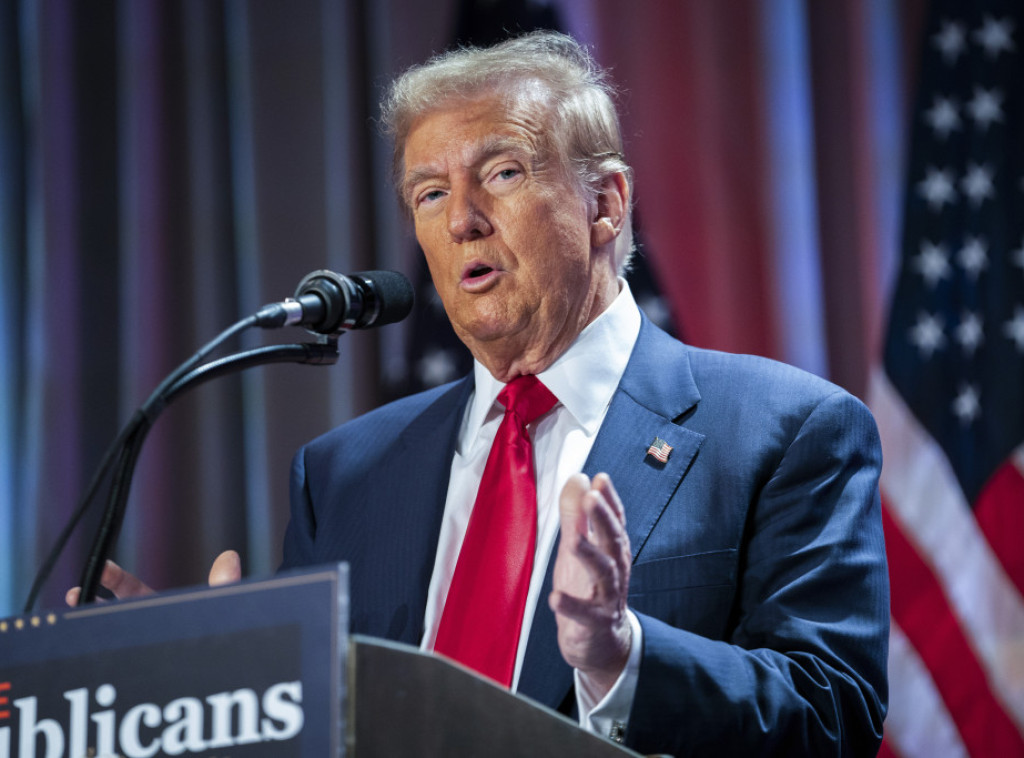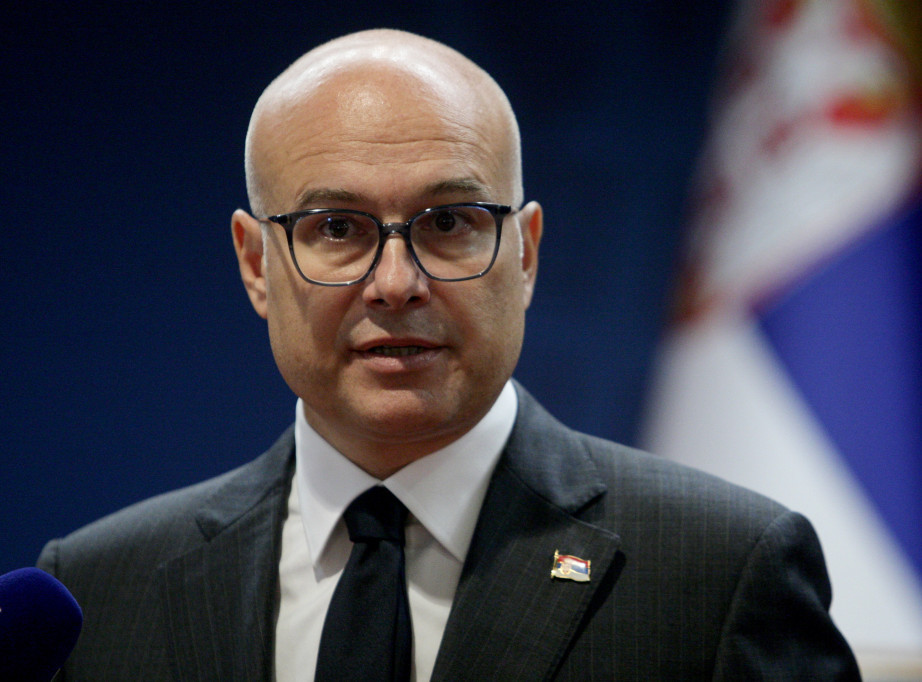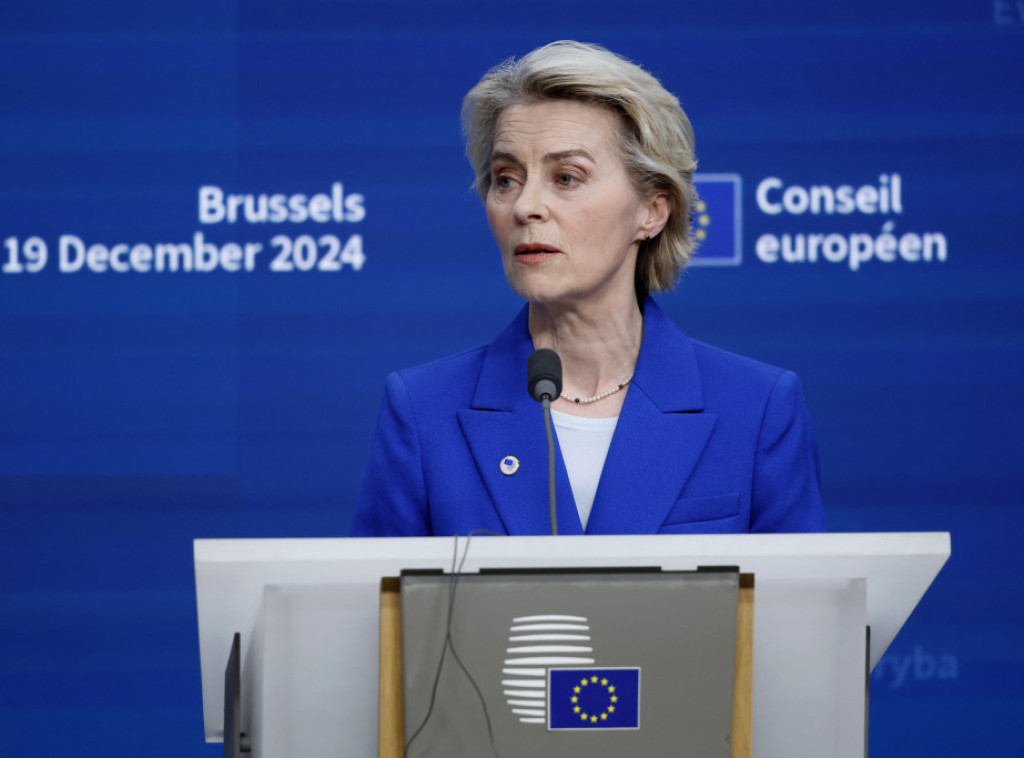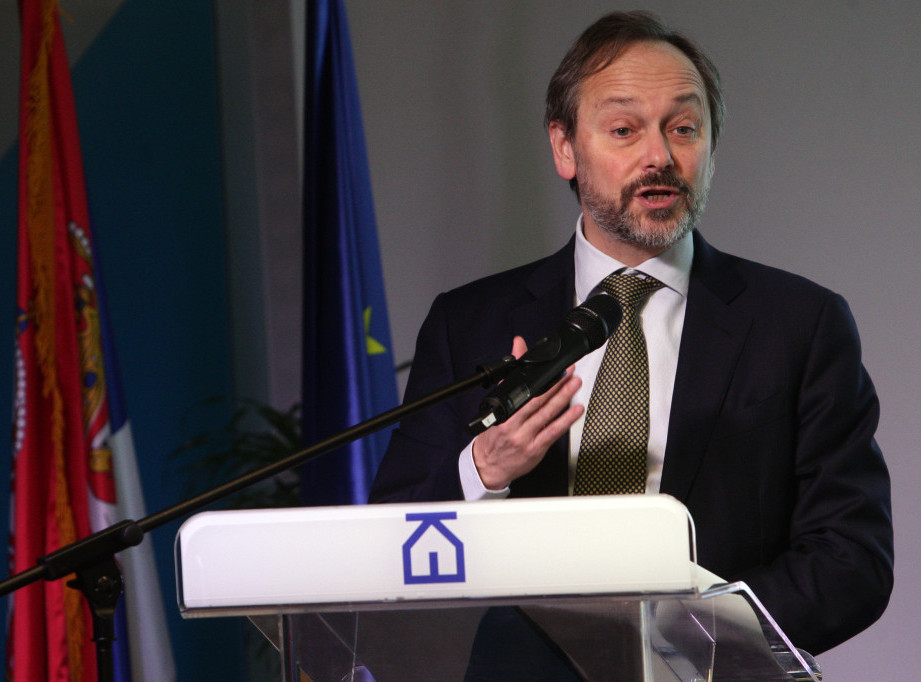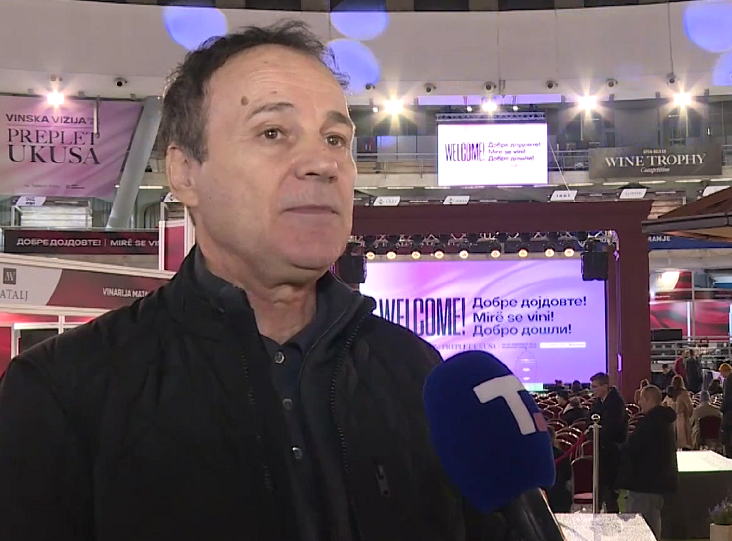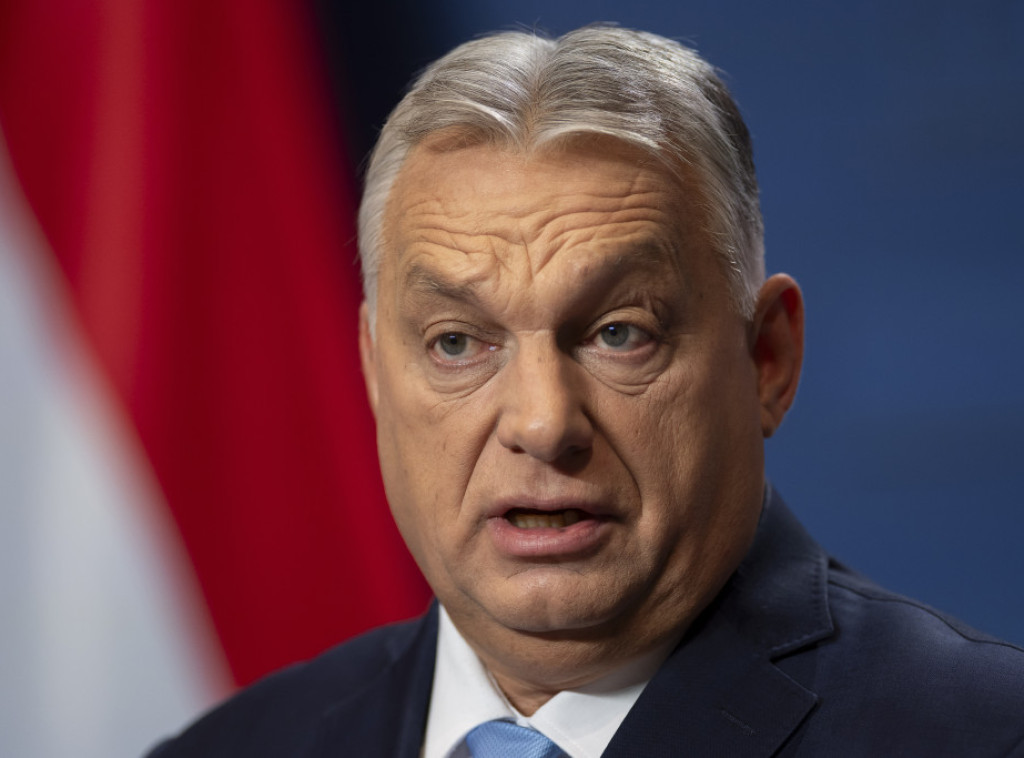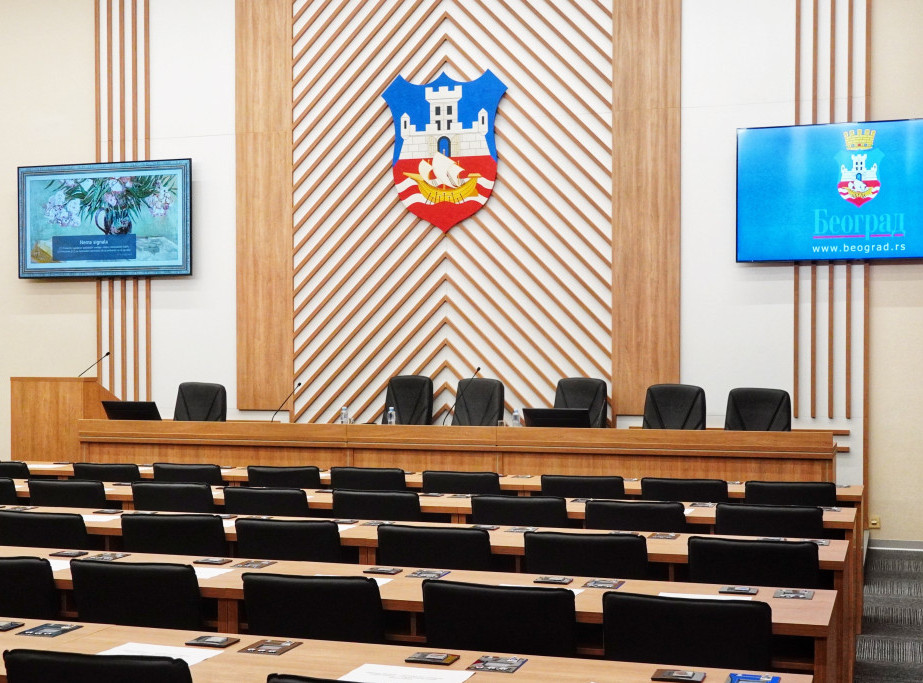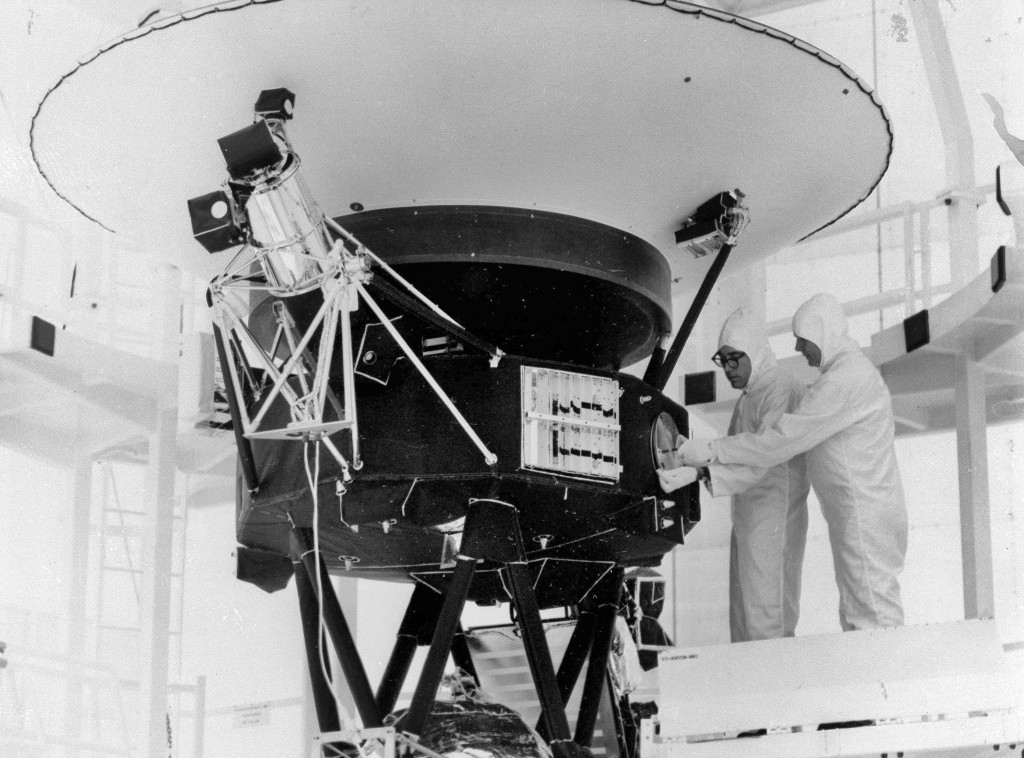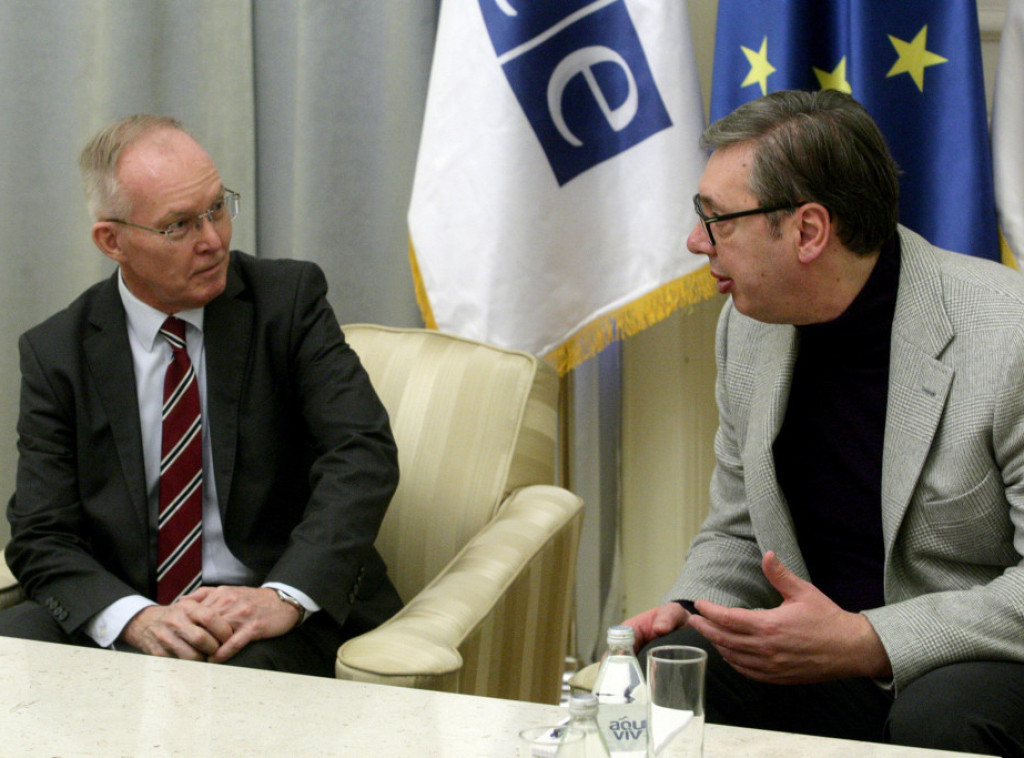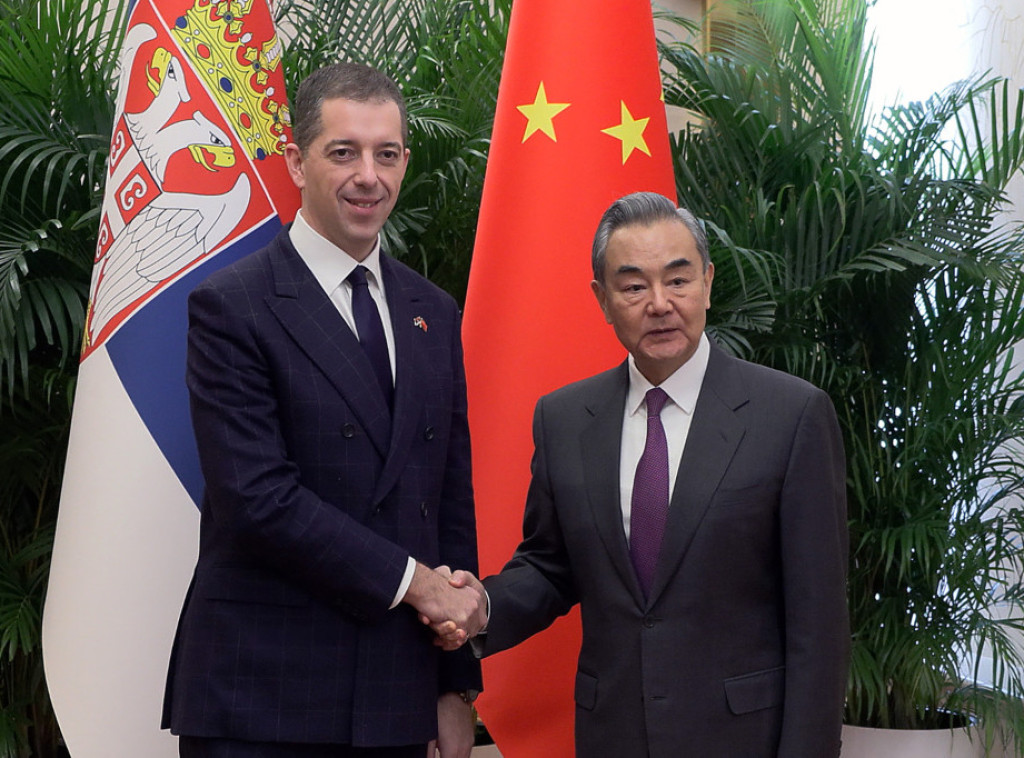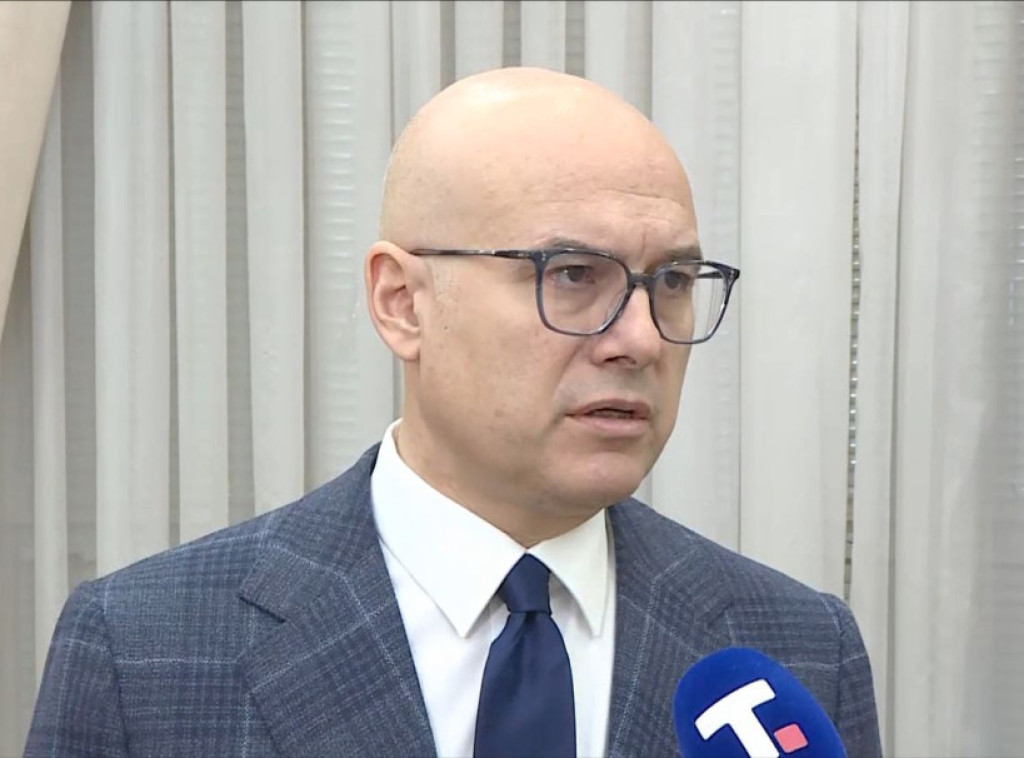
29. jun 2023 19:11
Mali: IMF Executive Board has approved first review under arrangement with Serbia
podeli vest

Foto: TANJUG/SAVA RADOVANOVIĆ
BELGRADE - The IMF Executive Board has decided that a first review under a stand-by arrangement with Serbia was successful, and Serbian Finance Minister Sinisa Mali said on Thursday the decision was another confirmation of the appropriateness of Serbia's economic policy and structural and institutional reforms.
In a statement, the Finance Ministry noted the IMF had said Serbia was conducting an agreed economic programme successfully and that macroeconomic stability had been preserved despite an unstable international economic environment.
"Over the last decade, Serbia has, despite external shocks, achieved impressive economic results reflecting its strong economic policies. Such policies supported strong growth, low inflation, and declining public debt. As a result, incomes rose, employment increased, and poverty declined. Large and diversified FDI inflows more than covered the current account deficit. The Covid-19 pandemic affected growth, but the economy quickly recovered in 2021 with the support of a strong package of policy measures," the IMF said in a statement released after an Executive Board meeting in Washington.
"Nevertheless, spillovers from Russia’s invasion of Ukraine and domestic problems, primarily in the energy sector, hit the economy hard. A sharp increase in international energy prices, domestic electricity production problems, and tightening global financial conditions led to an increase in fiscal and external financing needs in 2022. Under a Fund-supported Stand-By Arrangement (SBA), macroeconomic imbalances have already started to decline, and foreign exchange reserves are at an all-time high.
Headline inflation, however, at 15 pct in May, remains well above target and core inflation remains in double digits. Conditional on tighter monetary policy, which likely requires further policy rate increases, inflation should decline to around 8 pct by the end of the year and is projected to return to within the National Bank of Serbia’s target band in 2024. The projected fiscal deficit, which is not expected to exceed 3 pct of GDP in 2023, will support disinflation and further public debt reduction.
Growth is expected to decline to 2 pct in 2023, as tighter monetary and fiscal policies, still-high inflation, and weak external demand and tightening global financial conditions all weigh on activity. Over the medium term, growth should return to potential of around 4 pct. The current account deficit is expected to narrow to around 4.5 pct of GDP as energy import prices fall and export volumes continue to grow," the IMF said.
"Energy sector reform remains essential. Ongoing electricity and gas tariff hikes have helped to reduce fiscal subsidies and will be critical for financing essential energy investments over coming years. The new State-Owned Enterprise (SOE) law, which is aligned with OECD best practices, provides a strong foundation for governance reform in the energy sector and beyond. In parallel, considerable progress is being made in improving the structure and management of energy SOEs," it also said.
Mali said support from renowned international financial institutions was especially important in these difficult years.
"To us, that means certainty, and this is major support for maintaining all the achieved results despite economic pressures because we have worked a lot, and hard, to launch comprehensive reforms and lift Serbia out of a high unemployment rate, low living standards for citizens, a low level of investment and slow development. The arrangement lends a dose of certainty that we will continue in the same good direction," Mali said.
He noted that Serbia's public finances were fully stable and that the economy was performing well in spite of all the challenges facing Serbia and the world, and added that the country was continuing to carry out reforms and improve its business environment.
"At 51.3 pct, our public debt is far below the Maastricht level, the jobless rate is at an all-time low and we registered 0.7 pct growth in the first quarter of this year while some economies that are stronger than ours plunged into recession. At the same time, we have retained investor confidence, attracting over 1.9 bln euros of FDI as of June 20," Mali said.



